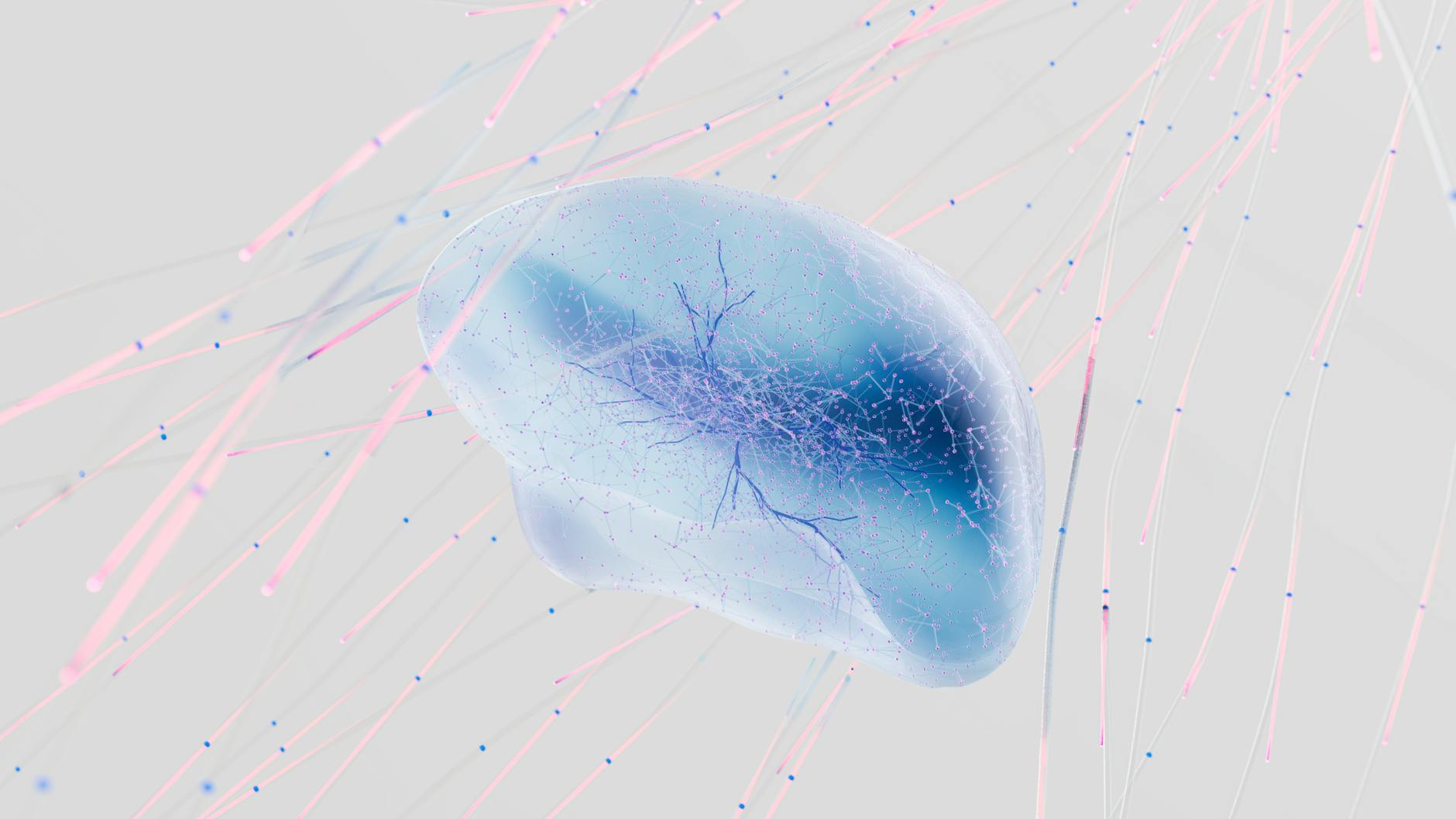Unleash the Power of Your Brain: Scientists Reverse Memory Loss with Tiny Engines!
Imagine a world where memory loss is a thing of the past. Thanks to a groundbreaking study, we're one step closer to making that a reality. Researchers have discovered a way to reverse memory loss by harnessing the power of the brain's tiny engines – and the implications are enormous.

Memory loss affects millions of people worldwide, and while we've made progress in understanding its causes, a cure has remained elusive. But what if we could simply "rev up" the brain's energy-producing structures to restore memory and cognitive function? That's exactly what scientists have done in a remarkable study published in Nature Medicine.
The Breakthrough: Powering Up Mitochondria
The brain's tiny engines, also known as mitochondria, are responsible for generating energy for neural activity. By boosting mitochondrial function, researchers were able to restore memory and cognitive function in mice with Alzheimer's-like symptoms. "This study opens up new possibilities for treating memory-related disorders," says Dr. Maria Rodriguez, a neuroscientist at the University of California. "We're talking about a potential game-changer for Alzheimer's disease, Parkinson's disease, and age-related cognitive decline."
How Does it Work?
The study focused on a specific protein called SIRT3, which plays a crucial role in regulating mitochondrial function. By increasing SIRT3 levels in the brain, the researchers improved mitochondrial energy production, leading to enhanced neural activity and, subsequently, improved memory.
Future Implications: A New Era in Memory Restoration
The potential applications of this discovery are vast and exciting. By harnessing the power of mitochondria, scientists may be able to:
- Develop new treatments for Alzheimer's disease and other memory-related disorders
- Enhance cognitive function in individuals with age-related cognitive decline
- Improve memory and learning capacity in individuals with neurodevelopmental disorders
- Even potentially reverse age-related cognitive decline
Actionable Advice: Supporting Mitochondrial Health
While the study's findings are promising, it's essential to note that the research is still in its early stages. However, there are steps you can take to support mitochondrial health and potentially improve cognitive function:
- Exercise regularly: Exercise has been shown to increase SIRT3 levels and improve mitochondrial function (Source)
- Eat a balanced diet: Focus on whole, nutrient-dense foods rich in antioxidants and omega-3 fatty acids (Read more: Our Guide to Brain-Healthy Foods)
- Get enough sleep: Adequate sleep is essential for mitochondrial function and overall brain health
- Manage stress: Chronic stress can negatively impact mitochondrial function; engage in stress-reducing activities like meditation and yoga
Key Takeaways
- Researchers have reversed memory loss in mice by boosting mitochondrial function
- The study's findings have significant implications for treating Alzheimer's disease and other memory-related disorders
- Supporting mitochondrial health through exercise, diet, sleep, and stress management may improve cognitive function
Conclusion: A Bright Future for Memory Restoration
"This study is a significant milestone in the pursuit of understanding and treating memory-related disorders," says Dr. John Lee, a leading expert on mitochondrial function. "We're on the cusp of a revolution in brain health, and it's an exciting time to be alive." With the potential to revolutionize the treatment of Alzheimer's disease and other cognitive disorders, this breakthrough is one to watch. Stay tuned for further developments in this field, and take proactive steps towards a future where memory loss is a thing of the past.


Comments
Post a Comment